pollinators
Next time you harvest your vegetables, pick up fruit from your trees or collect seeds for next year’s planting don’t forget to thank your diligent worker bees. Since 80% of the pollination is done by insects, welcome them in your garden and make sure they feel comfortable. Please, please, please don’t use insecticides, since they have catastrophic effects on bee communities. Plant flowers rich in nectar to entice flying insects – good examples are honeysuckle, garden phlox, marigolds, geraniums, roses, holyhocks (see photo), dahlias, sedums, roses, beebalm, raspberries, and mint.
If you want butterflies to come to your garden make sure you have butterfly bush (there is a reason it was given that name). If you want the butterflies to stay in your garden plant fennel and dill to provide them with a home (butterflies lay eggs on the seed heads of these herbs).
Just in case you haven’t seen it up close, here is a picture of how insects help with cross-pollination. Yeap, that’s actually pollen.
Bees are essential if you have fruit trees, since with a few exceptions they depend on cross pollination (mostly done by flying insects) to bear fruit. Some trees, like sour cherries and the “Conference” pear tree variety, are self-fertile. Most apple trees are not: they need pollen from a different apple tree, or even a different variety of apple tree to bear fruit.
Also, keep in mind that for plants that have male and female flowers on different plants, such as holly, melons, cucumbers, and squash, for instance, the bees are essential for pollination. If you have only one holly plant in your garden, of if you have two plants that are both male or female, you will never see the familiar berries, which are produced by the female plant. As a rule of thumb, one male holly for four female hollies is a good proportion, and they need to be in close proximity (less than 30 feet).
Some plants, such as tomatoes and peppers, are self pollinating, but they still benefit from the assistance of bees in cross pollination.
All in all, please remember that a lush, thriving, fertile and abundant garden is all-a-buzz. If bees and butterflies come to your garden, pat yourself on the back. You will see a bountiful harvest in the fall.




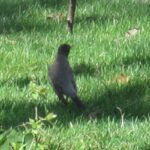 Previous Post
Previous Post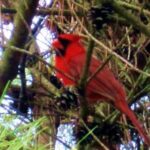 Next Post
Next Post
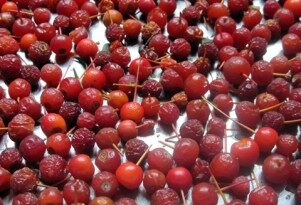
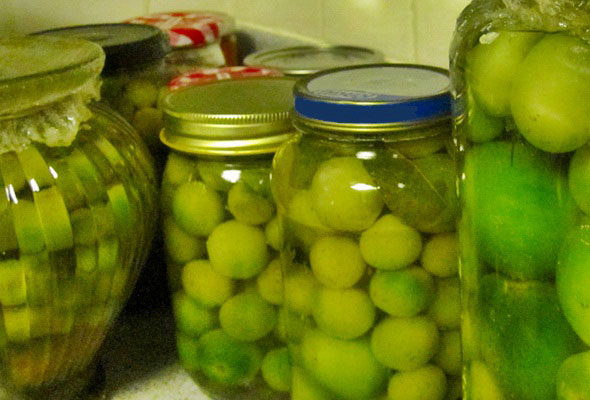
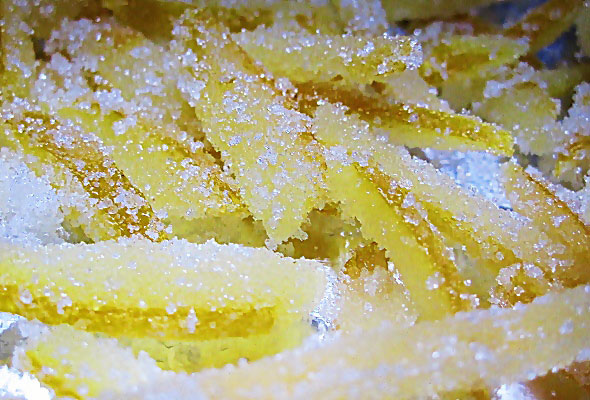
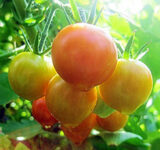
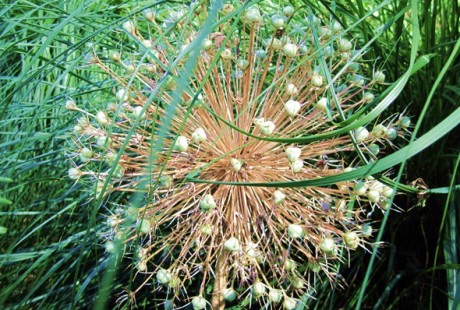
I’ve recently started a blog, the information you provide on this site has helped me tremendously. Thank you for all of your time & work.
This was actually an interesting subject, I am very lucky to be able to come to your blog and I’ll bookmark this page in order that I may come again one other time.
Do you have a facebook fan page? i would love to stay updated on your posts.
yes, it is facebook.com/all.year.garden.blog